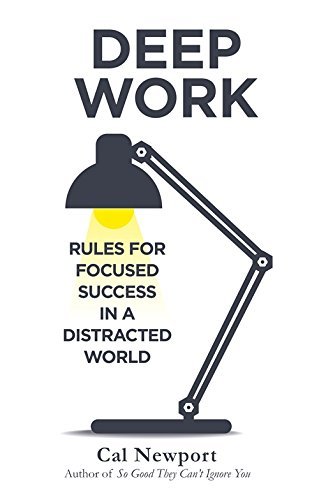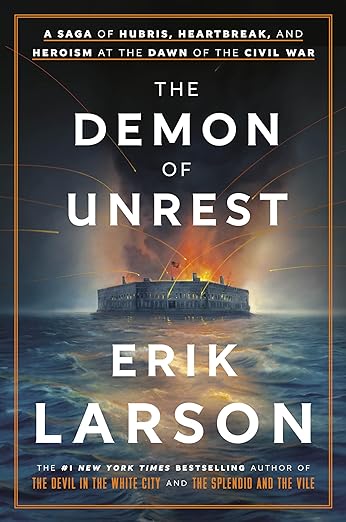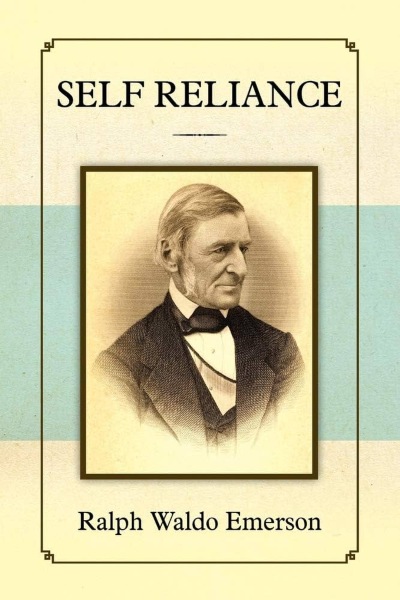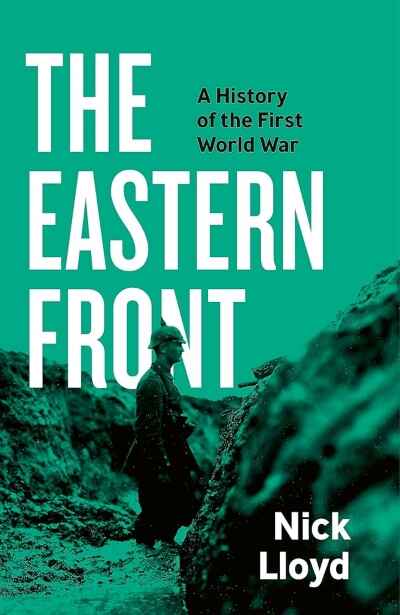Book Review | Judgment at Tokyo by Gary J. Bass
This review aims to capture the breadth of Judgment at Tokyo while giving insight into its key themes. Gary J. Bass’s work is a thought-provoking examination of justice, politics, and the shaping of modern Asia.
In Judgment at Tokyo, Gary J. Bass delves into the historic Tokyo Trials, revealing how the pursuit of justice after World War II shaped post-war Asia. The book explores the legal and political intricacies of the trials and shows their impact on modern international law. With a blend of historical rigor and narrative skill, Bass offers a deep examination of justice, accountability, and power. Here’s a closer look at the book’s key elements:
- Main Theme: Examination of the Tokyo Trials and their role in shaping post-war Asia.
- Focus: Justice, international law, and the political stakes of prosecuting war crimes.
- Historical Figures: General Douglas MacArthur, Japanese political leaders, Allied powers.
- Key Trials Covered: Trials of Japanese leaders accused of war crimes.
- Impact: Influence on modern Asia’s legal, political, and diplomatic framework.
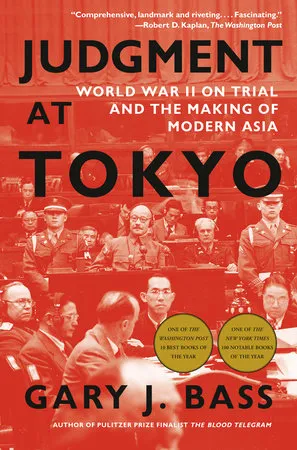
Background and Context
Judgment at Tokyo presents an in-depth exploration of the post-WWII trials held in Tokyo from 1946 to 1948. These trials sought to bring justice to the military leaders responsible for Japan’s wartime atrocities. This history book not only outlines the legal challenges faced during the proceedings but also touches upon the broader geopolitical implications. This context is crucial for understanding how these trials influenced international law and modern Asia’s diplomatic landscape.
The Tokyo Trials were not as universally recognized as the Nuremberg Trials, but they were just as significant. Gary J. Bass’s extensive research brings this fact to light, showing how the prosecution of Japanese officials had long-lasting impacts. The book appeals to both history buffs and those interested in the roots of international justice.
The Trials and Their Challenges
The book dives into the complexities of trying Japanese leaders for war crimes. One of the key challenges discussed by Bass is the balancing act between pursuing justice and maintaining political stability. The Allied powers sought to hold Japan accountable while navigating the emerging Cold War in the post-war geopolitical landscape.
A major point of tension was General Douglas MacArthur’s role in the trials. While he supported the prosecution of war criminals, MacArthur’s political motives often influenced decisions about who would be prosecuted and who would be spared. Bass offers a nuanced portrayal of these tensions, providing insights into how political considerations shaped the legal outcomes. The decision to exempt Emperor Hirohito from prosecution is one of the most controversial elements of the Tokyo Trials, and Bass explains how this decision was influenced by fears of political instability.
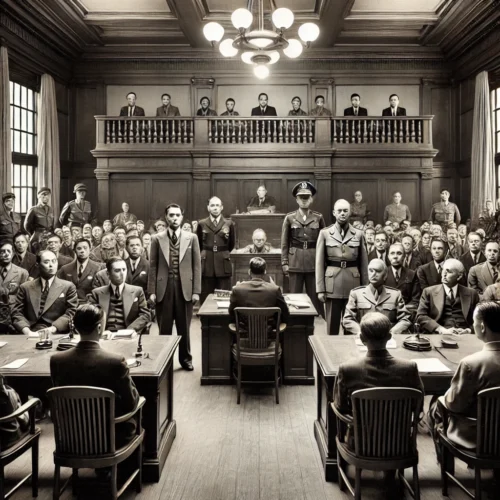
Impact of the Trials on Modern Asia
One of the standout aspects of Judgment at Tokyo is its exploration of how the trials shaped the modern political landscape of Asia. Bass argues that the trials played a key role in establishing the foundation of international justice.
As the book states,
“The Tokyo Trials were not just about punishing past wrongs; they were about setting a precedent for future governance.”
This quote encapsulates Bass’s thesis that the trials were not merely punitive but also constructive in laying the groundwork for future diplomacy and law in Asia.
Through detailed analysis, Bass illustrates how the trials influenced Japan’s post-war constitution, its relationship with the United States, and the broader legal frameworks in Asia. The trials also contributed to reshaping Japan’s identity as a democratic nation committed to peace, a theme that resonates throughout the book. The far-reaching consequences of these trials are still visible today in Asia’s political and legal structures, especially in the emphasis on peaceful resolutions and diplomatic negotiations.
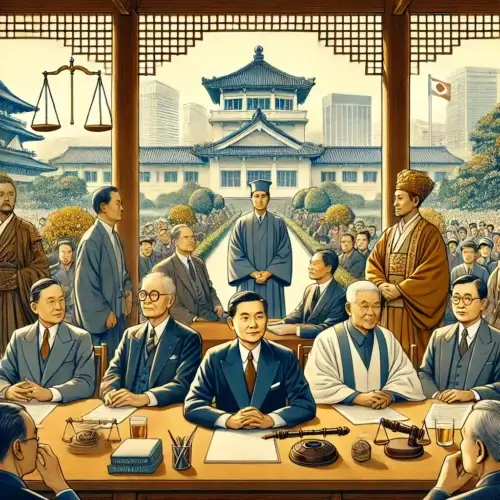
Historical Figures and Their Roles
Bass shines a light on the personalities who were central to the Tokyo Trials. General Douglas MacArthur, who orchestrated much of the proceedings, emerges as a complex figure. His desire for justice was often tempered by the need to keep Japan politically stable, making him both a facilitator of justice and a barrier to its full execution.
On the other side, Japanese leaders like Prime Minister Hideki Tojo faced a difficult defense. They stood accused of some of the worst atrocities of the war, including the Nanjing Massacre and the mistreatment of prisoners of war. Bass provides detailed accounts of their trials, showing how they attempted to defend their actions and how the prosecution dismantled these defenses.
The role of lesser-known legal minds, such as Indian judge Radhabinod Pal, adds another layer to the narrative. Pal’s dissenting opinion, which questioned the legitimacy of the tribunal, is a fascinating counterpoint to the dominant narrative of the trials. Bass ensures that readers understand how each figure played a crucial role in the unfolding of these historical events.
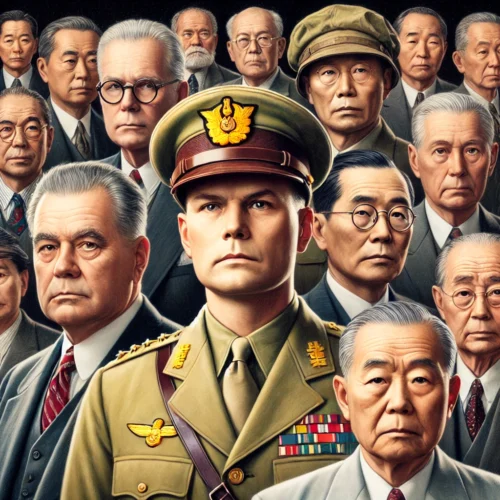
Reflection on Justice and Politics
In the final sections, Bass reflects on the broader questions of justice raised by the Tokyo Trials. Were these trials truly about justice, or were they more about political convenience? The book leaves readers grappling with these questions, much like the historical figures involved in the trials. Bass expertly weaves complex legal and political issues into a compelling narrative, showcasing his skill as a historian and writer. Read more in-depth book reviews like these on Weekly Book Reviews.
Ultimately, Judgment at Tokyo offers a deep dive into the complexities of war crimes prosecution and its lasting effects on international relations. The trials laid the foundation for much of what we now consider international law, including the prosecution of war crimes in later conflicts. It’s a must-read for those interested in the intersections of history, law, and politics.

